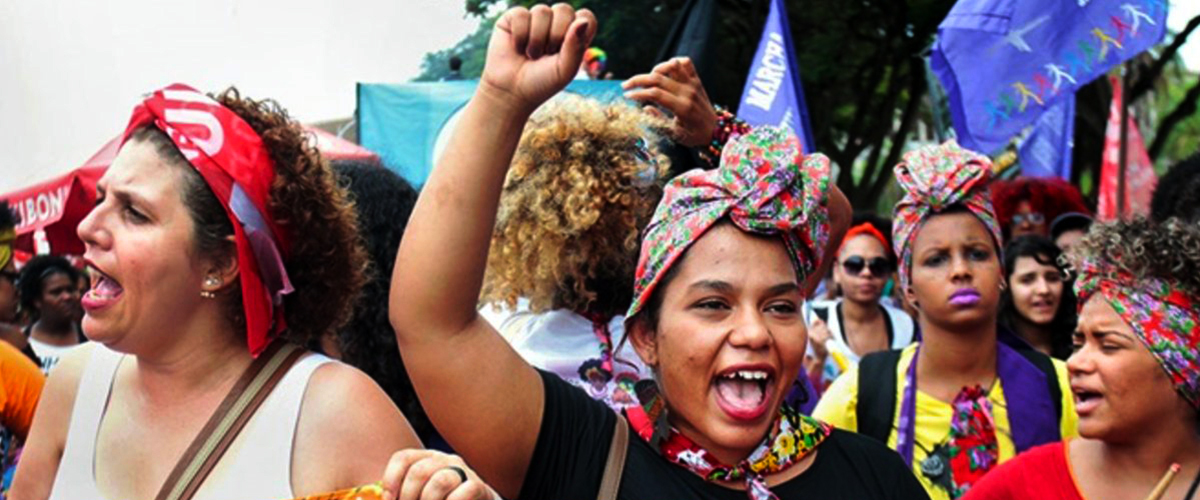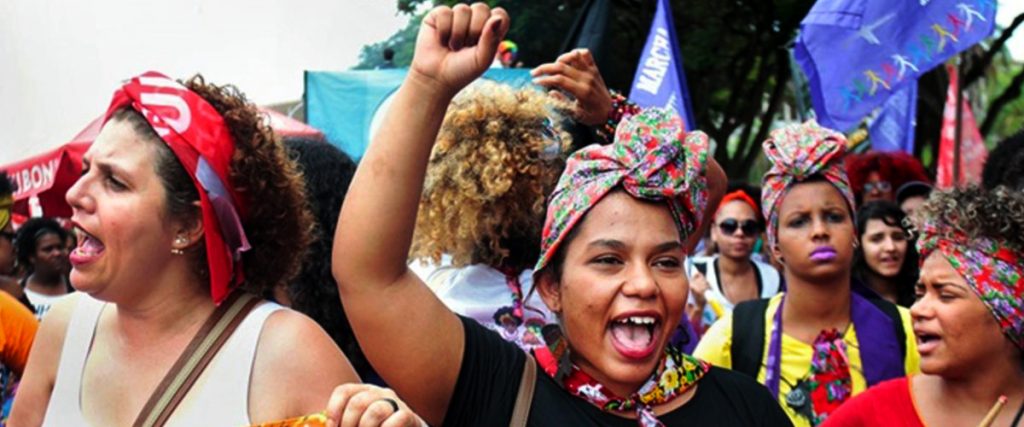Sierra Leone has a long history of sexual and gender based violence, dating back to the colonial era and stretching into the years of independence which began in 1961. The country’s civil war, which raged between 1991 and 2002, brought international attention to the high levels of violence against women.

In this way, Sierra Leone is similar to many young democracies in Africa with a violent history; it struggles with patriarchal attitudes and high levels of violence against women and girls.
After the war, several legal changes were made to try and address this kind of violence. One was the Domestic Violence Act, ratified in 2007. It criminalises all forms of violence – physical, sexual, emotional and economic — against women and outlines strict punishments for perpetrators.
But, as I found during long-term research in Sierra Leone, very few women – especially married women – feel genuinely protected by this law, and other similar ones. There are a few reasons for this.
One is that in Sierra Leone some forms of violence are considered necessary and acceptable within relationships. Another is that women who do report face enormous stigma and the risk of losing security for themselves and their children. Finally, the state legal system and the police don’t prioritise cases involving married women – they often tell women to resolve the matter privately rather than going through the courts.
If Sierra Leone is to tackle the problem of domestic violence, lawmakers and the authorities need to understand the social dynamics around love and violence. They also need to support and protect women who report violence, to ensure they don’t experience stigma and further violence from their partners, families and communities.
“Acceptable” violence
The idea that many forms of violence in relationships are problematic but somehow necessary is popular in Sierra Leone. People believe that violence should be mediated rather than eradicated.
Love and violence are not necessarily seen as opposites in relationships. As I discovered in the course of my research, Sierra Leoneans distinguish carefully between different forms and effects of violence. Violence is unacceptable if it intended to harm and if there’s no way to restore the harm done.
But certain kinds of violence are considered acceptable if they attempt to help or protect a person. During 13 months of fieldwork in the capital city Freetown I examined how relationships are lived and investigated the role that violence plays in romantic relationships.
I wanted to know which acts were perceived as violence, and how such violence was endured, accepted, rejected and negotiated. Another focus was on how people, particularly women, mediate and sanction violence in relationships between each other, within households and communities, as well as through the police and in the courts.
I was often told that sanctioning a partner for “misbehaving” was necessary for a respectful and successful relationship.
Some violence between partners can be executed, endured and even expected as a demonstration of affection, a display of emotions and a form of communication.
One man, Diamond, told me: Real love must come with passion and passion is also jealousy. When you are jealous your heart will become warm too much. Then there is some slapping or some beating. But it is part of the love.
In instances where women feel that they cannot neatly separate love from an act of violence and wish to continue a relationship, they don’t turn to the police as this would put their relationship in danger. Rather, they report to their household or to community elders who then try to mediate between the partners.
A burden on women
Another important social dynamic that’s at play in Sierra Leone is that while publicly men are seen as dominant or “on top” and women as “the weaker sex”, in everyday life women are often recognised as emotionally and socially stronger and more capable of directing and managing social units.
This means that women are often held responsible for their husbands’ and sons’ actions. So, reporting a spouse for violence can be regarded as reporting oneself for failing to prevent such behaviour.
Poverty and social class play a role, too. Many women in Sierra Leone struggle to provide for themselves, their children and their families.
If a woman reports a case to the police, the marriage usually dissolves and she can lose out on security and support. This makes it far easier for employed or wealthy women to report domestic violence. But such women are in the minority.
Mistrust of courts
One of the big hurdles to reporting domestic violence is the legal system itself. As is the case in many former colonies, the legal system is fragmented between the state courts, traditional or lower courts, and mediation by communities and households.
Women who turn to the state can wait years for their cases to be completed; their families and communities, who mistrust the formal court system, often refuse to testify.
Resources are scarce in the state system. So the state courts and the police tend to prioritise cases of violence against children, or incidents where young girls have been raped by strangers. Married, middle-aged women are not a priority. They are often asked to try to settle their matter privately, through community or family mediation.
Reporting domestic violence to the police is riskier than talking with families and communities, seeking solutions and even reparations.
To change this, efforts should be undertaken to de-stigmatise police reporting and to offer women and their children protection after reporting. Temporary housing projects would be an option. Additionally, women must be empowered to find official employment so that they can make choices independently from their social networks.

